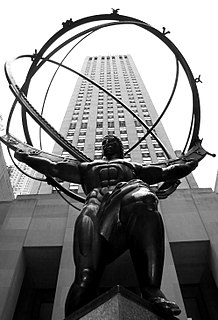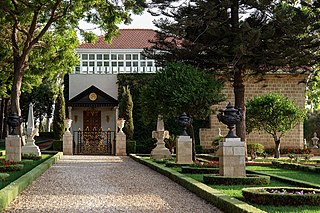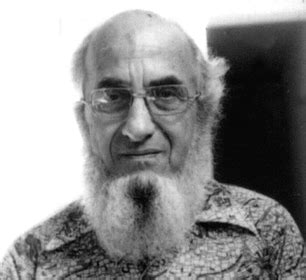A Quote by John Connolly
You had evil inside you, and you indulged it. Men will always indulge it.
Related Quotes
People are distracted by objects of desire, and afterwards repent of the lust they've indulged, because they have indulged with a phantom and are left even farther from Reality than before. Your desire for the illusory is a wing, by means of which a seeker might ascend to Reality. When you have indulged a lust, your wing drops off; you become lame and that fantasy flees. Preserve the wing and don't indulge such lust, so that the wing of desire may bear you to Paradise. People fancy they are enjoying themselves, but they are really tearing out their wings for the sake of an illusion.
The rifle itself has no moral stature, since it has no will of its own. Naturally, it may be used by evil men for evil purposes, but there are more good men than evil, and while the latter cannot be persuaded to the path of righteousness by propaganda, they can certainly be corrected by good men with rifles.
A sadhak (one who does spiritual practice) will not have time to indulge in gossip. They will not feel like talking to anyone in a harsh manner. Those who always indulge in faultfinding will never achieve spiritual progress. Do not harm anyone by thoughts, words or deeds. Be compassionate towards all beings. Ahimsa (nonviolence) is the highest dharma (duty).
For the first time in history, the rational and the good are fully armed in the battle against evil. Here we finally find the answer to our paradox; now we can understand the nature of the social power held by evil. Ultimately, the evil, the irrational, truly has no power. The evil men’s control of morality is transient; it lives on borrowed time made possible only by the errors of the good. In time, as more honest men grasp the truth, evil’s stranglehold will be easily broken.
The civilization, so often vaunted by the learned exponents of arts and sciences, will, if allowed to overleap the bounds of moderation, bring great evil upon men. Thus warneth you He Who is the All-Knowing. If carried to excess, civilization will prove as prolific a source of evil as it had been of goodness when kept within the restraints of moderation.
Goodness was more difficult than evil. Evil men knew that more than good men. That's why they became evil. That's why it stuck with them. Evil was for those who could never reach the truth. It was a mask for stupidity and lack of love. Even if people laughed at the notion of goodness, if they found it sentimental, or nostalgic, it didn't matter -- it was none of those things, he said, and it had to be fought for.
In the twentieth century, men -- all of us -- find themselves compelled to commit or condone evil for the sake of preventing an evil believed to be greater. And the tragedy is that we do not know whether the evil we condone will not in the end be greater than the evil we seek to avert-- or be identified with.






































